On Wednesday, India demonetised ₹500 (about US$7.50) and ₹1000 notes, announced as a measure to fight corruption, fake notes, and black money. Prime Minister Narendra Modi addressed the Indian citizens late Tuesday, and said that 500 and 1000 rupee notes would cease to be legal tender at midnight.
To minimise possible difficulties to citizens, transactions using old 500 and 1000 rupee notes were accepted at government hospitals, railway ticket bookings, government buses, and airports. The notes were also accepted at petrol-pumps, consumer co-operative stores, milk booths authorised by State governments, and cremation grounds till Friday midnight. These shops were obliged to have a record of their stocks and sales.
In his announcement, Modi said, “For immediate needs, you can go to any bank, head post office or sub post office, show your identity proof like Aadhar card, voter’s card, ration card, passport, income tax PAN card number or other approved proofs and exchange your old 500 or thousand rupee notes for new notes.”((hi))
Modi also announced that those who failed to change their currency till December 30 can exchange the notes at Reserve Bank of India (RBI)’s office along with a declaration form till March 31, 2017. The notes can be exchanged at any branch of any bank across the nation.
On Saturday, Finance Minister Arun Jaitley said money worth US$30 billion was deposited in banks across India. According to estimate, the new notes in circulation would account for 85% of the total money in circulation. Modi said RBI would exercise caution from past experience and limit the circulation of 2000 rupee notes.
International tourists could purchase up to 5000 rupees using the old notes at airport exchanges till Friday.
A limit was imposed on cash withdrawal; a maximum of 10000 rupees each day, and 20000 rupees each week, can be withdrawn. Moreover, from Thursday (November 10) till November 24, 4000 rupees can be exchanged in the banks and post offices. Further, the amount is credited to the bank account.
Government workers were informed about demonetising when the announcement was made. RBI announced that all banks would remain closed for public work on Wednesday.
In the United States, Donald Trump won the 2016 Presidential Election, upon which, companies like Amazon.com and Apple, Inc. lost stock value. Demonetising the money caused the Indian stock market to fall by 1700 points on Wednesday. Sensex lost 1,688.69 points and Nitfy lost 111.55 points on the same day. Indian IT sector companies experienced loss. TCS suffered 4.93% loss and Infosys lost 2.74%.
On Thursday, there were long queues in front of ATMs and banks to exchange the old notes and withdraw money. BBC reported some banks ran out of cash. Police were called to some banks to maintain discipline. Banks were open on Saturday and Sunday for money exchange.
Source: wikinews.org








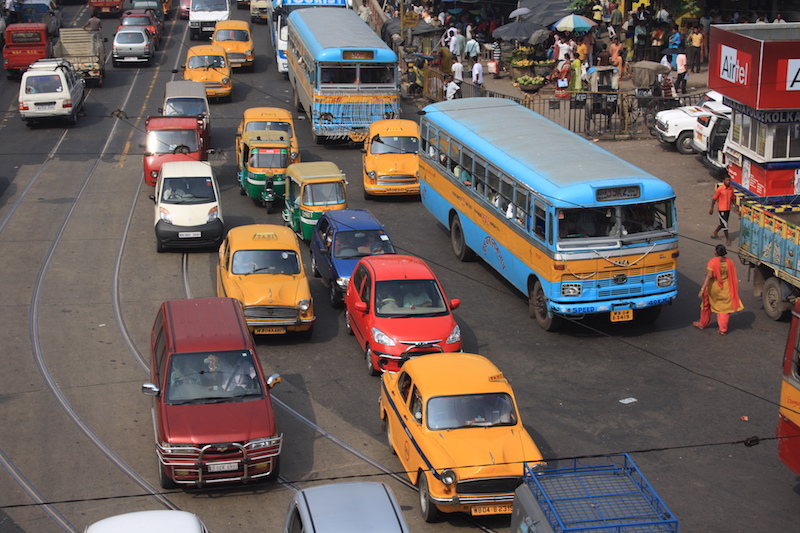

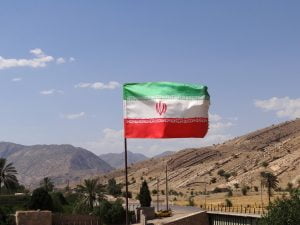
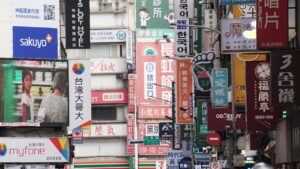


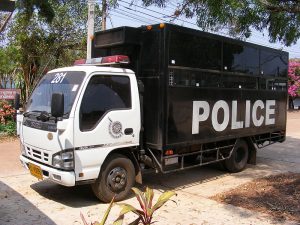

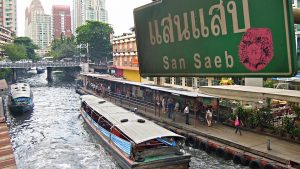
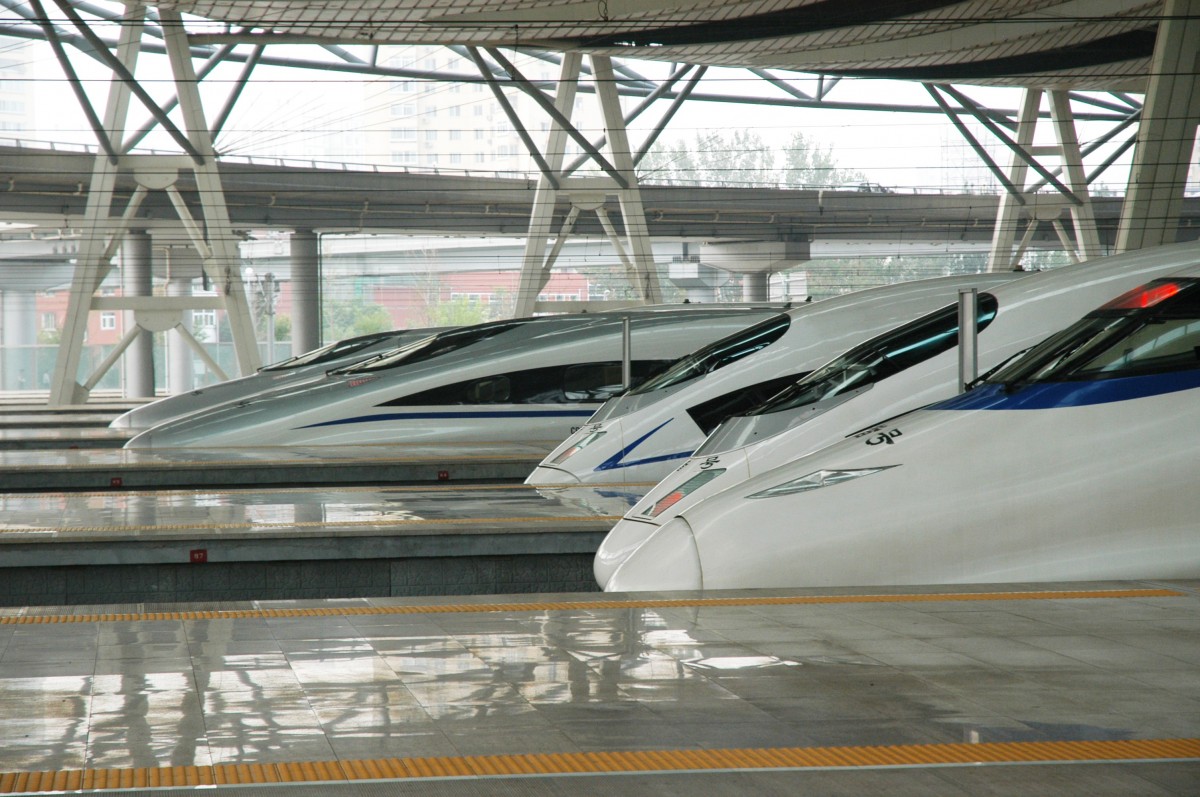

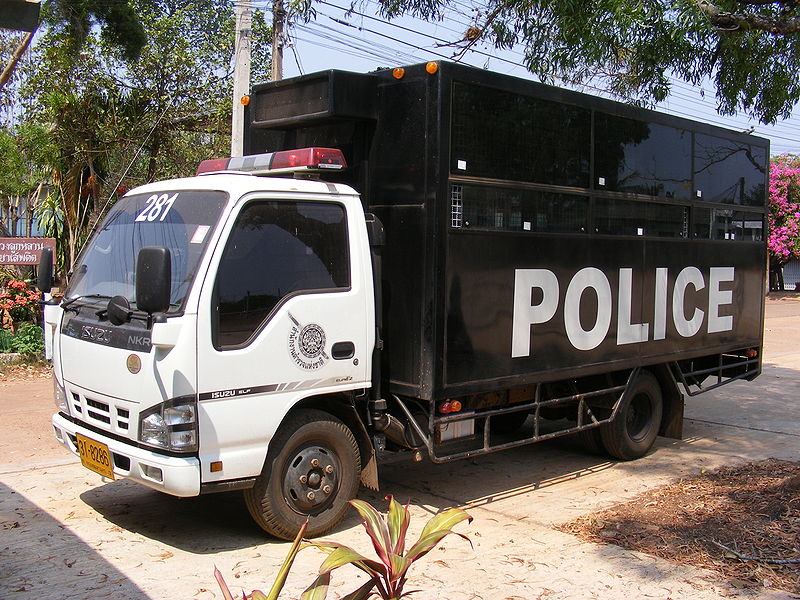


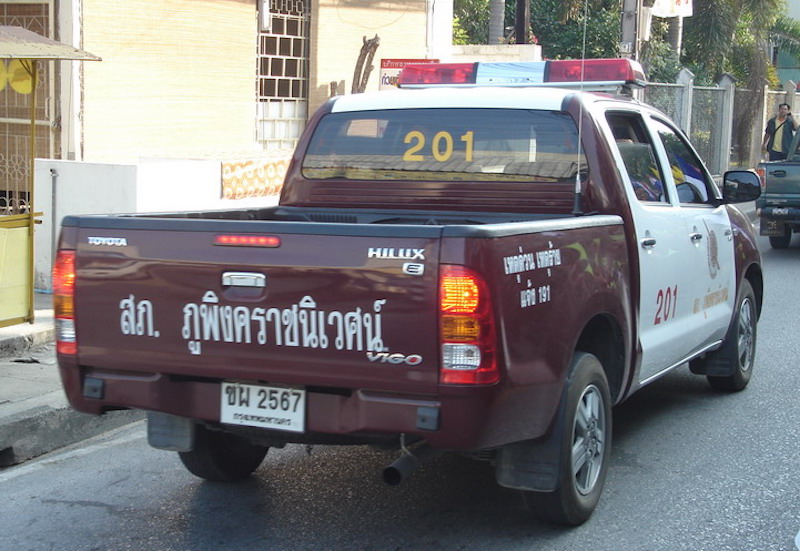
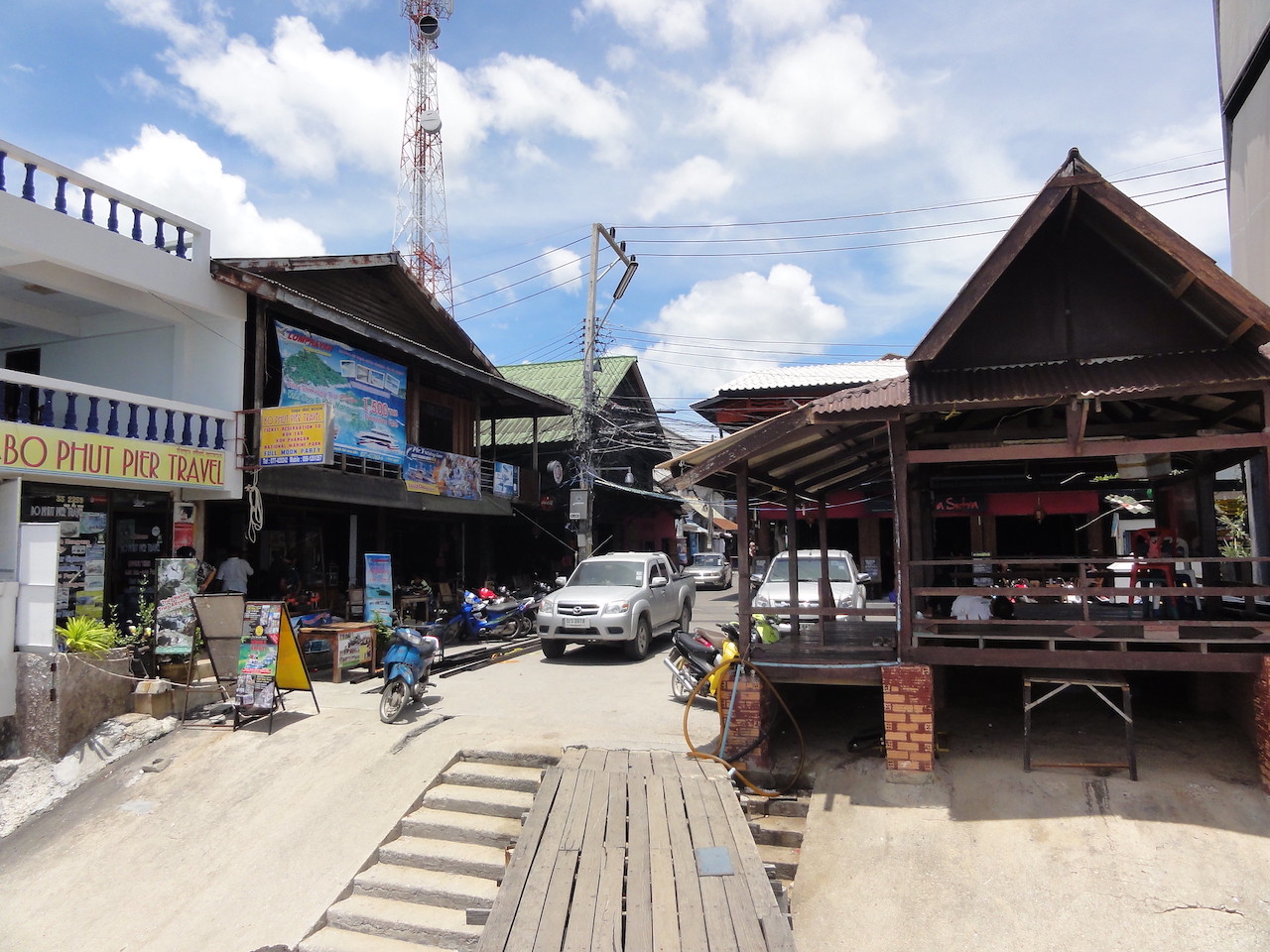
+ There are no comments
Add yours